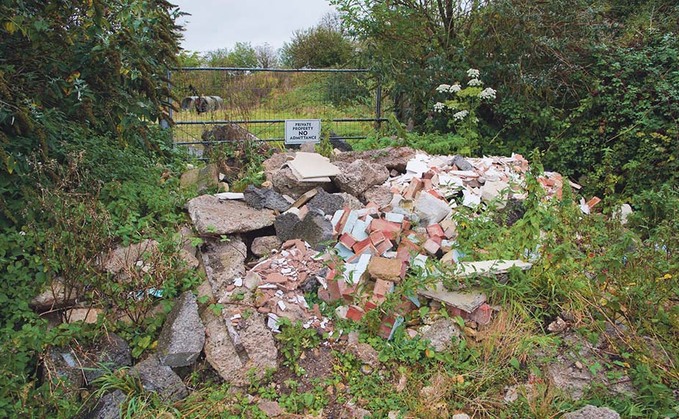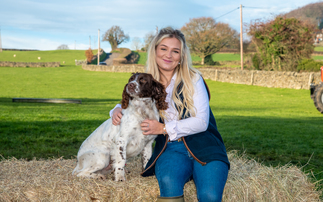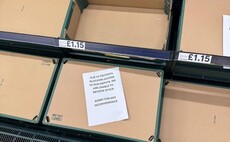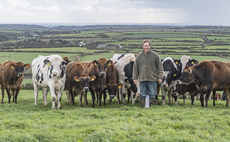
Fly-tipping and littering remain a blight on the UK countryside.
And, as evidenced by the latest local authority data, the threat of greater penalties is failing to deter the perpetrators from dumping their waste in the countryside.
In some ways the sight of a gateway or lay-by strewn with household waste or building materials has become part of the rural aesthetic. It has become so prevalent that it is now common place, and that in itself is a damning indictment of the scale of the current problem.
However, as the CLA, NFU and others have pointed out this week, what is actually reported to the police and local authorities is probably only the tip of the iceberg. It is suspected that the problem is much bigger than currently laid out by official data, because farmers do not believe incidents will be dealt with effectively by police or councils, and therefore aim to solve the problem themselves.
But that is not how it should be. �������� and landowners should have confidence in police and local authorities that these incidents will be recorded and tackled appropriately. It is a scandal that they do not, but is also understandable that these incidents sometimes find themselves down the pecking order on the other side.
Ever since councils started charging more for the use of household waste tips there has been a growing problem, with the number of fly-tipping incidents increasing.
And this has led to a vicious circle, with cash-strapped councils upping the disposal costs, more people therefore choosing to dump their waste in rural areas, but then the same skint local authorities and police forces not having the money to effectively monitor the problem, thus allowing it to exacerbate.
There is a similar challenge around rural crime and incidents such as livestock worrying by dogs, namely that the victims do not feel as though their concerns are properly listened to and are therefore loath to report the problems in the first place.
It is a challenge that will not be resolved until rural police forces and local authorities have the financial means they really need.

























